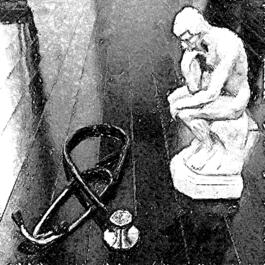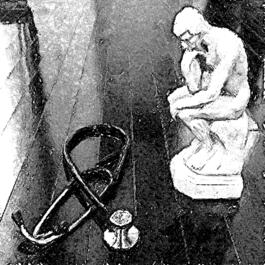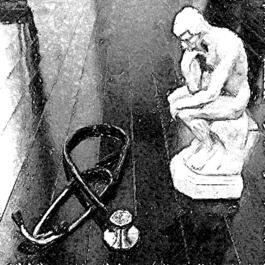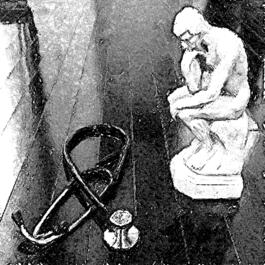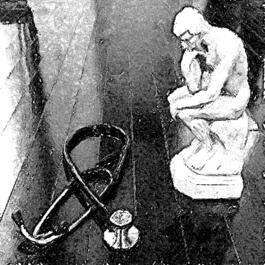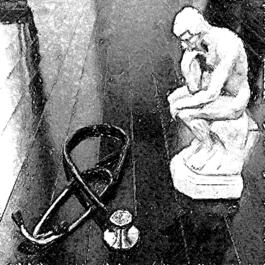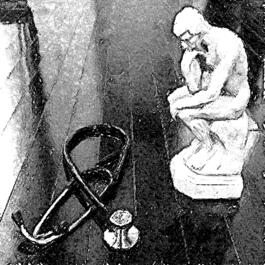
Philosophers on Medicine
For the deepest problems in healthcare, philosophy is the best medicine. In this podcast series, Jonathan Fuller, MD, PhD (University of Toronto) speaks to philosophers about their work on medicine and healthcare. You will hear from philosophers on the meaning and reality of disease, on their skeptical worries about evidence-based medicine, on current movements and controversies that shake medicine to its philosophical foundations. Visit our website at www.philosophersonmedicine.com.
Show episodes
During the COVID-19 pandemic, scientists and policymakers have responded with unprecedented solutions. The pandemic has also forced a rethinking of science, public health and their relationship to the public. How can philosophy of medicine help us respond to the fundamentally philosophical problems that this rethinking
There is renewed research and attention to race in epidemiology and medicine, partly owing to developments in population genetics. Yet race is a contested category and poses philosophical questions about the reality of racial categories as well as the ethical and social-political implications of using them. For instanc
Medical Nihilism. Is it vestige of a bygone age in medicine beset with treatments like mercury and bloodletting? Or the proper conclusion of a line of argument about our current medical interventions citing problems with contemporary medical research? These problems include the complex pathophysiology of contemporary d
In medicine, consensus statements abound. They’re issued by government agencies and professional societies as the official word on the science and practice of medicine. But what role does expert consensus serve? To summarize the evidence? To deliberate over decision-making? Or to command change? In an era of evidence-b
The cause of tuberculosis is the germ Mycobacterium tuberculosis. Meanwhile, the causes of heart disease are variable: smoking, sedentary lifestyle, bad genes, and so on. Is this just a fact? Did the German microbiologist Robert Koch really discover that Mycobacterium tuberculosis is the cause of tuberculosis? Accordin
Evidence-based medicine or EBM was introduced in the early 1990s as a move to increase medicine’s uptake of published scientific evidence, especially evidence from clinical epidemiology. It is now the standard, such that its underlying philosophical ideas have become invisible to many. However, since its launch, eviden
